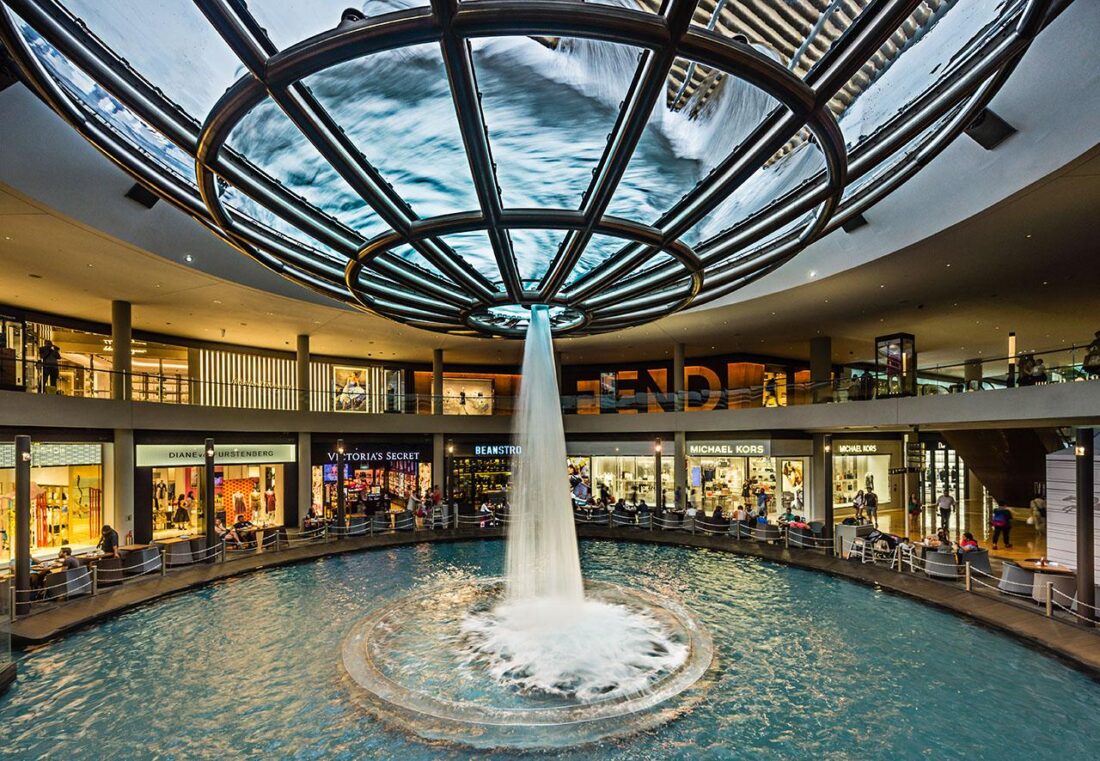
In the rapidly evolving world of technology, where innovation and sustainability have become key drivers of development, ancient wisdom like Feng Shui is finding its way into modern applications. Particularly in places like Singapore, where the blend of traditional beliefs and cutting-edge technology coexists seamlessly, Feng Shui is being reinterpreted to contribute to the development of sustainable technologies. This article delves into how this ancient Chinese practice, guided by principles of harmony between humans and their environment, is influencing contemporary technological advancements.
Understanding Feng Shui
Feng Shui, an ancient Chinese art, is centered around creating harmonious surroundings that enhance well-being and prosperity. Its principles are deeply rooted in Taoism and involve the meticulous arrangement of physical spaces to achieve balance with the natural world. The practice considers directional elements, the flow of ‘Chi’ or life energy, and the interplay of the five elements: wood, fire, earth, metal, and water, to foster positive energy in living and working environments.
In Singapore, Feng Shui holds a special place, with many individuals and businesses consulting Feng Shui masters to optimize the flow of energy in their spaces. These experts offer guidance on everything from architectural designs to interior layouts, ensuring that every element promotes harmony and success.
Feng Shui and Sustainability: A Synergistic ApproachHarmonizing with Nature
The core of Feng Shui is about achieving balance with nature, a principle that resonates deeply with the goals of sustainable technology. In this context, Feng Shui’s wisdom can guide the development of technologies that not only minimize environmental impact but also improve human well-being by fostering a deeper connection with the natural world.
For instance, in the design of eco-friendly buildings, Feng Shui principles can help architects create structures that enhance natural light, improve air quality, and encourage the flow of positive energy, all while reducing energy consumption and carbon footprint.
Sustainable Urban Planning
Feng Shui’s holistic approach can also inform urban planning and the development of smart cities. By integrating Feng Shui principles, planners can create urban environments that promote health, happiness, and sustainability. This includes the strategic placement of green spaces, water features, and public areas to enhance the quality of urban life while also addressing environmental concerns.
Innovative Technologies Inspired by Feng Shui
Feng Shui is inspiring the development of innovative technologies aimed at enhancing the harmony between humans and their environment. For example, smart home systems can be designed in accordance with Feng Shui principles, ensuring that the arrangement of rooms, the direction of doors and windows, and even the selection of colors contribute to a positive and energy-efficient home environment.
Similarly, in the realm of renewable energy, Feng Shui can influence the placement and design of wind turbines and solar panels to ensure they harmonize with the landscape, optimizing their efficiency while minimizing their impact on the surrounding Chi.
The Singapore Perspective: Feng Shui Meets Technology
In Singapore, the fusion of Feng Shui and technology is particularly evident. The city-state’s commitment to sustainability, coupled with its deep-rooted cultural heritage, makes it a fertile ground for the integration of ancient wisdom into modern technological solutions.
Many Feng Shui masters singapore are working closely with architects, urban planners, and technologists to incorporate Feng Shui principles into the design of buildings, public spaces, and even technology products. This collaboration is paving the way for innovative solutions that respect traditional wisdom while meeting the demands of contemporary life.
Case Studies: Feng Shui-Inspired Projects
Several projects in Singapore exemplify how Feng Shui can contribute to sustainable technology development. For example, some residential and commercial complexes have been designed with Feng Shui in mind, featuring layouts that maximize natural ventilation and lighting, incorporate water elements for positive energy, and use sustainable materials to reduce environmental impact.
Moreover, tech companies in Singapore are exploring how Feng Shui can enhance the user experience of their products. From the ergonomic design of gadgets that aligns with the flow of Chi to software interfaces that reflect Feng Shui’s balance and harmony, the potential for integration is vast.
Challenges and Opportunities Bridging Ancient Wisdom and Modern Science
One of the challenges in integrating Feng Shui with sustainable technology lies in bridging the gap between its ancient principles and the rigors of modern scientific research. While Feng Shui is based on millennia-old wisdom, its concepts must be translated into the language of contemporary science to be effectively applied in technology development.
This requires a multidisciplinary approach, where Feng Shui masters work alongside architects, engineers, and environmental scientists to create solutions that are both scientifically sound and spiritually aligned.
Global Adoption and Cultural Sensitivity
As the fusion of Feng Shui and technology gains traction, it’s essential to approach its global adoption with cultural sensitivity. While these principles are deeply ingrained in Chinese culture, their application in different cultural contexts must respect local traditions and beliefs.
Furthermore, the commercialization of Feng Shui in technology development must be done ethically, ensuring that it does not dilute or misrepresent the practice’s core values and meanings.
Conclusion
The integration of Feng Shui principles into the development of sustainable technologies represents a promising convergence of ancient wisdom and modern innovation. In Singapore, this synergy is not only enhancing the functionality and environmental friendliness of technological solutions but also preserving cultural heritage in an increasingly digital world.
As we move forward, the challenge will be to deepen this integration, ensuring that Feng Shui and technology continue to evolve together in a way that benefits humanity and the planet. By embracing the wisdom of the past, we can forge a more sustainable, harmonious future.



